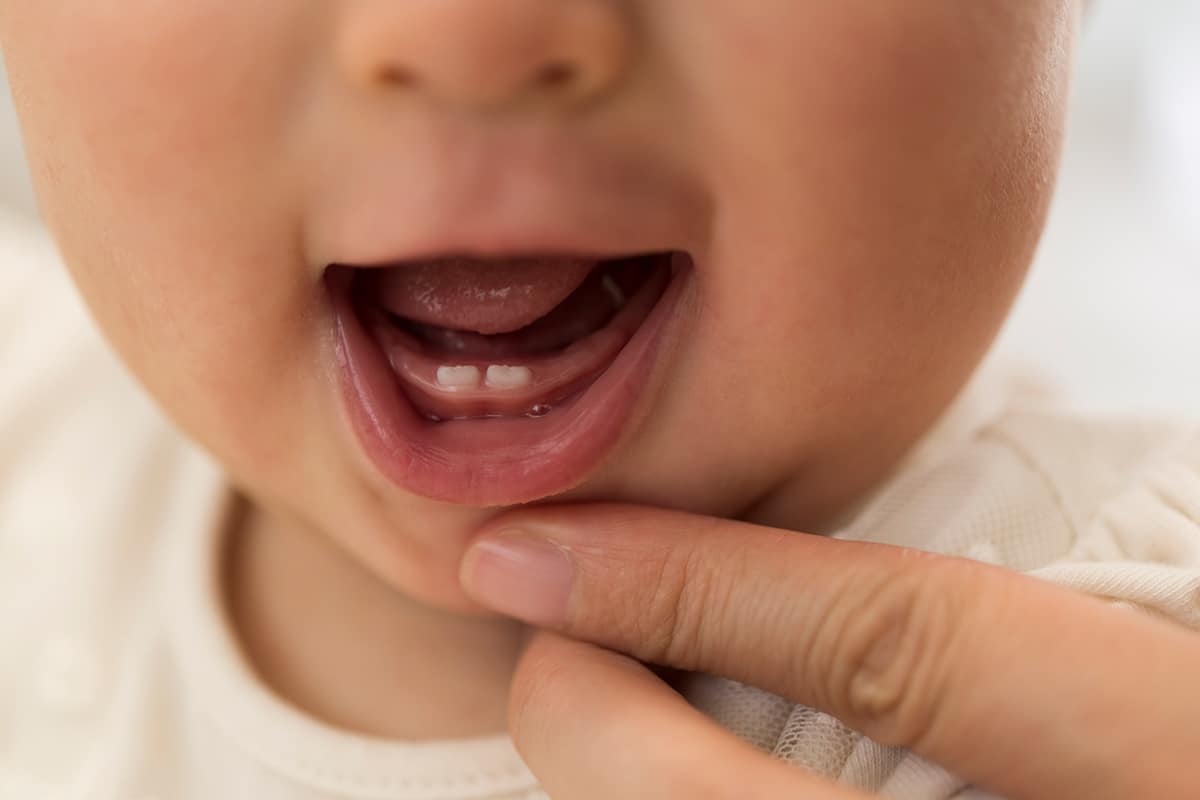
As parents, we know how exciting it is to watch your baby's first tooth emerge. But did you know that those tiny baby teeth play a significant role in shaping your child’s long-term dental health? Often overlooked because they eventually fall out, baby teeth are crucial for chewing, speaking, and ensuring the proper alignment of permanent teeth.
Understanding the importance of baby teeth sets the foundation for better oral health throughout your child’s life. By learning why these first teeth matter and how they contribute to your child’s future smile, you can make informed decisions about their dental care right from the start.
The Role of Baby Teeth in Oral Development
Baby teeth, also known as primary teeth, may be small, but their impact on your child's oral development is significant. One of their main jobs is to hold space in the jaw for the adult teeth and help guide the adult teeth into the correct position. If a baby tooth is lost early due to decay or other issues, the surrounding teeth may shift into the empty space. This can lead to crowding or misalignment of the permanent teeth when they come in, possibly leading to increased orthodontic treatment down the road.
Additionally, baby teeth help your child learn vital functions like chewing properly and speaking clearly. Missing or damaged teeth can hinder speech development, particularly during the formative early years. Keeping these teeth healthy is pivotal to supporting your child’s ability to communicate, eat nutritious foods, and feel confident about their smile.
Healthy Baby Teeth = Healthy Adult Teeth
It’s easy to think, “They’re just baby teeth; they’ll fall out anyway,” but this common misconception can lead to long-term issues. Decay in baby teeth can impact the development of permanent teeth growing underneath them. Poor oral hygiene habits learned early on may carry into adulthood, exacerbating dental issues. By prioritizing your child’s oral health from the very beginning, you help ensure their permanent teeth start on the right foot.
Alternatively, if your child is nervous or uncooperative during dental visits, minimally invasive techniques or sedation dentistry can help. These options ensure treatments are carried out gently and effectively, reducing stress for both parents and kids.
How to Care for Your Child’s Baby Teeth
Maintaining healthy baby teeth doesn’t have to be complicated, but it does require consistency. Here are some practical tips to keep your little one’s smile bright:
- Start early: Begin cleaning your baby’s gums even before the first tooth appears by wiping them gently with a soft, damp cloth. Once the first tooth emerges, transition to using a small, soft-bristled toothbrush and a rice-sized amount of fluoride toothpaste.
- Brush and floss daily: Brush your child’s teeth twice a day for two minutes and start flossing as soon as two teeth touch. Make brushing fun with songs or a timer.
- Choose Healthy Low Sugar and Non-Sticky Snacks: Sugar feeds cavity-causing bacteria. Starchy snacks like crackers and Goldfish break down into sugars and stick to teeth. Choose water over juice and sweetened beverages, and offer healthy snacks like fruits and veggies instead of gummies and crackers.
- Visit the dentist regularly: Schedule your child’s first dental visit by their first birthday or shortly after their first tooth comes in. Regular checkups help your child begin to feel comfortable in the dental environment and allow parents to ask questions as teeth erupt, helping prevent the early onset of cavities.
Remember, good oral hygiene habits set the stage for a lifetime of healthy, happy smiles.
Frequently Asked Questions About Pediatric Dentistry
What age should I start taking my child to the dentist?
The American Academy of Pediatric Dentistry recommends scheduling your child’s first dental visit either within 6 months of when their first tooth appears or by their first birthday. Establishing a dental home early allows dentists to monitor your child’s oral health, provide preventive care, and address potential concerns before they become significant problems.
How do I know if my child needs dental treatment for cavities?
Cavities in baby teeth are not always easy to spot with the naked eye. Common signs include sensitivity, discoloration, or visible pits on the tooth. A professional exam is the best way to identify and treat cavities early. Regular dental visits are key, as they allow your pediatric dentist to monitor your child’s teeth and recommend solutions if treatment is necessary.
